The Battle of Adwa is a historic event that took place on March 1, 1896, in the town of Adwa, Ethiopia. It is considered one of the most significant events in African history as it marked the first time an African nation defeated a European colonial power in a major battle.
The victory was celebrated across Africa and served as a symbol of African resistance against colonialism. It also had significant political and social implications for Ethiopia, as it strengthened the country’s independence and sovereignty. Furthermore it marked a turning point in its relations with European powers.
The Victory of Adwa remains a powerful symbol of African resistance and the struggle for freedom and independence. Furthermore, its legacy is felt not only in Ethiopia but across the African continent, where it continues to inspire new generations of leaders and activists.
Cause & the Treaty of Wuchale
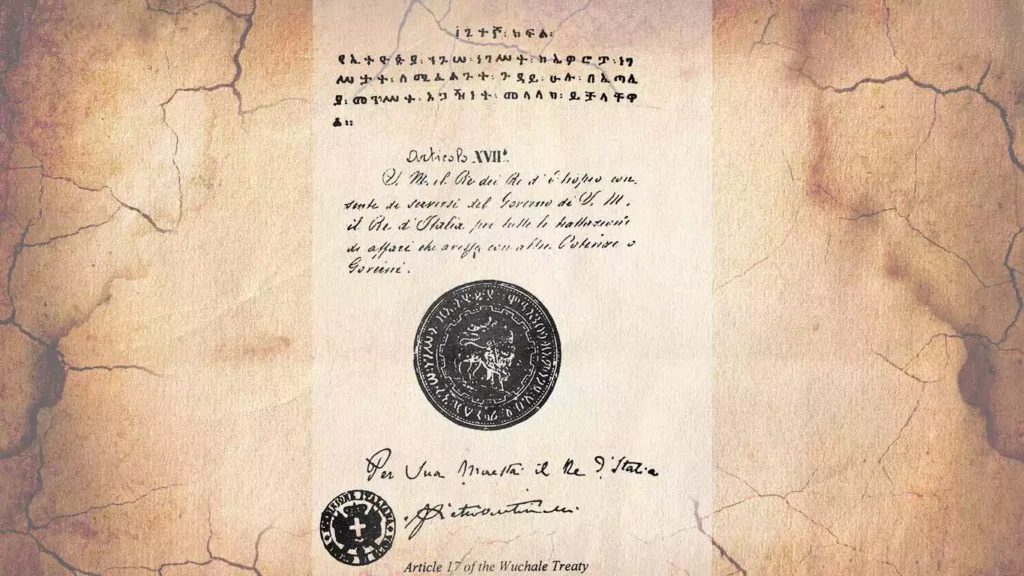
One of the key factors that led to the Battle of Adwa was the increasing presence of Italy in East Africa. In 1889, Italy signed a treaty with Emperor Menelik II of Ethiopia, known as the Treaty of Wuchale. The treaty was signed in the small Ethiopian town of Wuchale and has twenty articles written in two languages, Amharic and Italian.
The Treaty of Wuchale was the result of negotiations between the Ethiopian Empire and Italy, aimed at delineating their respective spheres of influence in the region. However, the First Italo-Ethiopian War was ultimately sparked by a dispute over how one of the articles should be interpreted. The treaty caused controversy when the Italian version included a clause making Ethiopia an Italian protectorate. This was not present in the Amharic version and was later found to have been translated in a way that misled Menelik II, which ultimately led to a dispute known as the Wuchale Incident. Eventually, the dispute escalated into the First Italo-Ethiopian War.
Battle and Victory
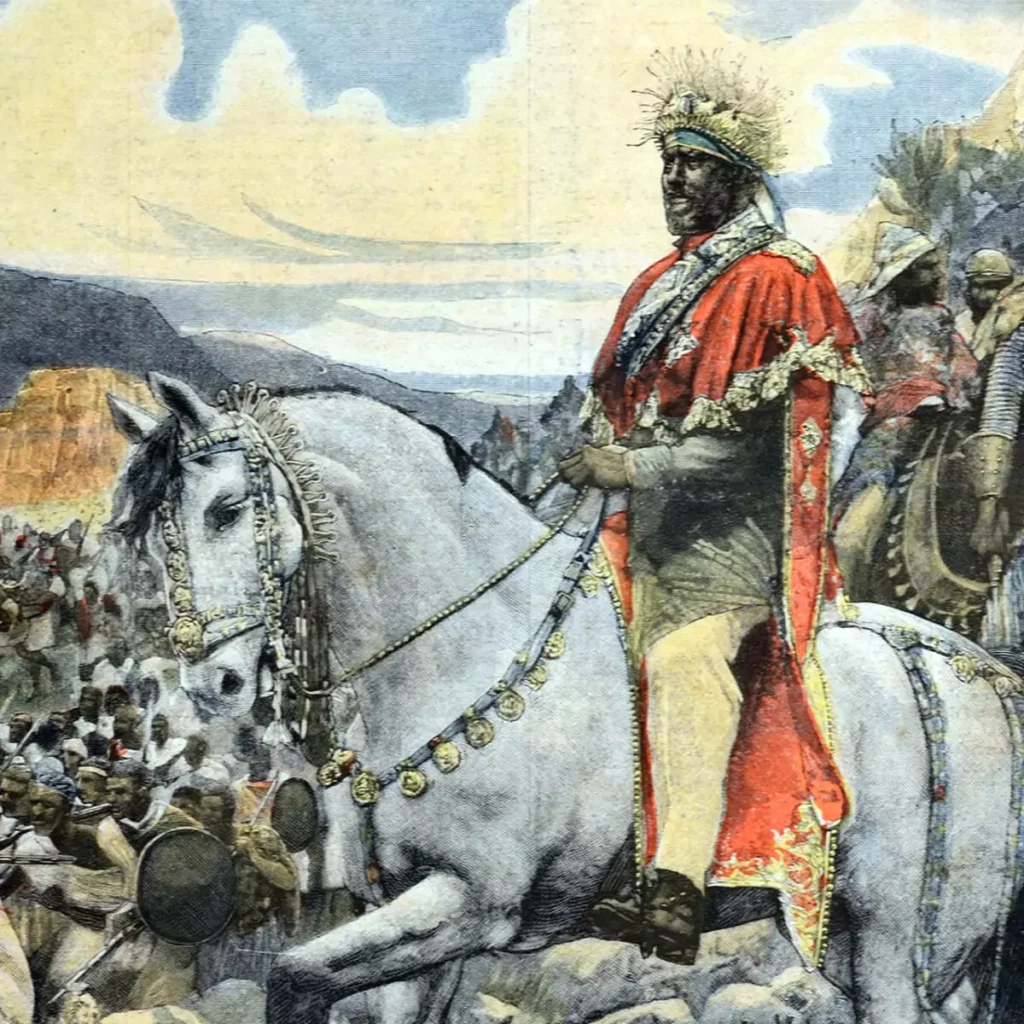
After the Wuchale Incident, which involved Italy’s attempt to claim Ethiopia as a protectorate, negotiations failed and tensions mounted between the two countries. In 1895, Italy then launched a full-scale invasion of Ethiopia, leading to the war.
On Sept. 17, 1895, Menelik II declared a total mobilization of war against Italy. He called on all Ethiopians to defend their country, family, and religion. He ordered every capable person to fight and those incapable to pray for Ethiopia’s victory.

The Italian army, led by General Oreste Baratieri, invaded Ethiopia from its colony in Eritrea, expecting to encounter little resistance. About 20,000 Italian and Italian-trained troops, armed with modern weapons, advanced in three columns. However, the Ethiopians, led by Emperor Menelik II, were well-prepared for the conflict and had assembled a formidable army of around 100,000 troops.
Battle
The two armies met at Adwa on March 1, 1896, with the Italians numbering around 20,000 troops. Despite being outnumbered, the Italian army was equipped with modern weapons, including machine guns and artillery, while the Ethiopian army relied on traditional weapons, such as spears and swords.
The battle began at dawn, with the Italian artillery bombarding the Ethiopian army. The Ethiopian army then launched a fierce counter-attack, charging the Italian lines with their traditional weapons. It didn’t take long for the Italians and their auxiliaries to become disorganized, greatly outnumbered, and exposed in hostile surroundings. The intensity of the Ethiopian attack initially caught them off guard. Their modern weapons were less effective than they had anticipated.
Victory
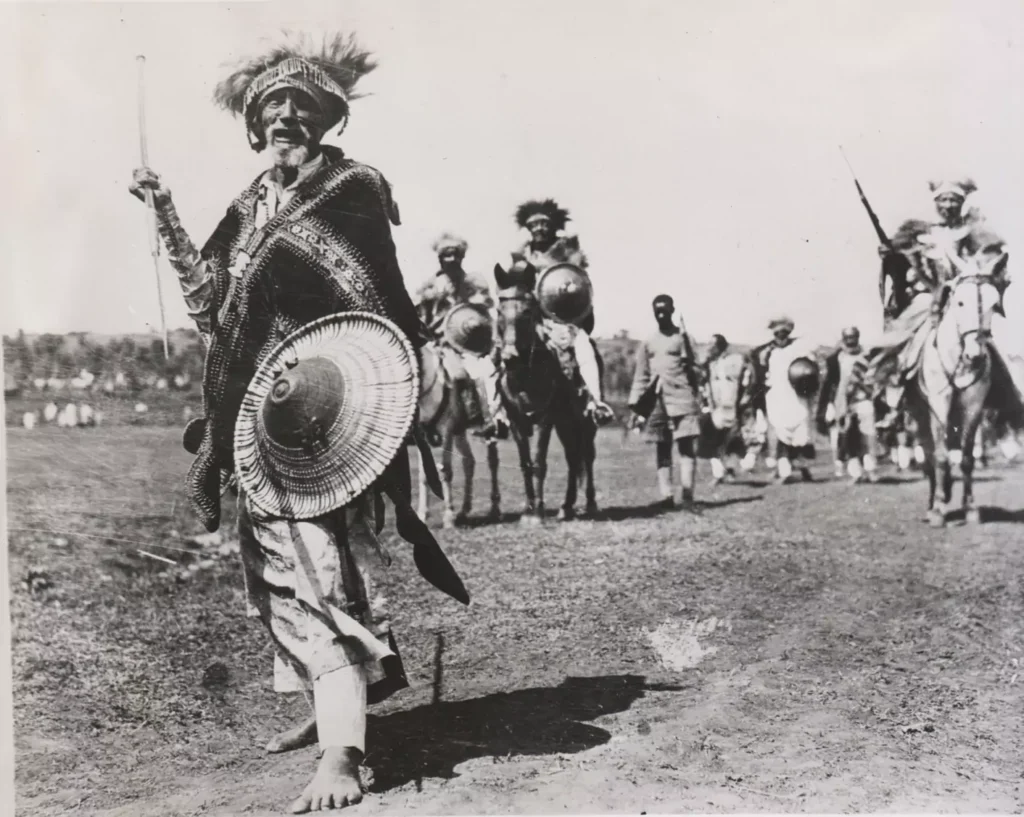
The battle lasted for several hours, with the Ethiopians gradually gaining the upper hand. The Italian army began to retreat, but the Ethiopians pursued them relentlessly, causing heavy casualties. By the end of the day, the Italian army had suffered around 7,000 casualties, with over 6,133 soldiers killed, while the Ethiopian army had suffered around 4,000 casualties.
The Battle of Adwa marked a decisive victory for Ethiopia, which became the only African country to fend off European colonization. Moreover, the victory inspired other countries to rally against colonial rule.
How Did Ethiopia Defeat Italy at the Battle of Adwa?
The Battle of Adwa, which took place on March 1, 1896, was a historic military conflict between Ethiopia and Italy. Ethiopia’s victory over Italy at Adwa was a significant event in African history, as it marked the first time that an African country successfully resisted European colonization.
Factors that Contributed to the Victory of Adwa
- Strong leadership: Ethiopian Emperor Menelik II played a crucial role in the victory at Adwa. He was able to unify different Ethiopian ethnic groups and modernize the Ethiopian army, turning it into a formidable fighting force. His actions enabled Ethiopia to maintain its independence and sovereignty, making him a beloved figure in Ethiopian history.
- Geographical Advantage: The Ethiopians knew the topography very well. However, in the Adwa wilderness and its mountainous terrain, the Italians stood out as strange aliens. The Ethiopian army had the upper hand against the invading Italian troops, who were not familiar with the terrain. This geographical advantage played a crucial role in the victory of the Ethiopian army over the Italians in the Battle of Adwa.

- Intelligence Gathering: Ethiopian spies had gathered comprehensive information on the capabilities, weaknesses, and strategies of the Italian forces. The Italians believed that Ethiopians were unaware of their movements, but Ras Alula‘s spies brought the knowledge, and Alula sent the information to every Ethiopian position. As a result, the Ethiopian army received crucial intelligence that it used to win the battle.
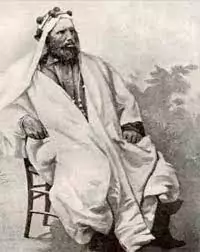
- The Element of Surprise: The Ethiopian forces attacked the Italian forces unexpectedly, catching them off-guard and causing confusion among their ranks.
- Fighting Spirit and Motivation: The Ethiopian forces were fighting to defend their country from foreign invasion, which gave them a strong motivation to fight. This helped them maintain their fighting spirit throughout the battle.
RELATED ARTICLES
- Ethiopian People: The Untold Stories
- 15 Great Ethiopian Kings & Leaders
- Biography of Belay Zeleke | Childhood, Italo-Ethiopian War, Rebellion, & Death
- Biography of Abdissa Aga | Early Life, Imprisoment, Prison Escape & Involvement in World War II
Significance of the Victory of Adwa

The Victory of Adwa had significant consequences for Ethiopia, Italy, and the rest of Africa. Here are some of the consequences of Adwa:
- Ethiopia preserves its independence: Ethiopia ensured its independence and sovereignty by winning the Battle of Adwa. Moreover, it makes Ethiopia the only African country to resist colonization by a European power during the colonial era.
- Recognition of Ethiopia as a major power: The victory at Adwa brought international recognition to Ethiopia as a major power in Africa and the world. Additionally, it raised the profile of Emperor Menelik II, who became a respected leader among African and international leaders.
- It challenged European perceptions of Africans: The victory at Adwa challenged the European perception of Africans as inferior and primitive. It showed that Africans were capable of defending their territories and resisting European colonization.
- Boosted Pan-Africanism: The victory at Adwa became a source of pride and inspiration for other African nations struggling for independence from European colonial powers. Besides, it contributed to the growth of Pan-Africanism, a movement that sought to unify African nations and people across the continent.
- Impacted Italy’s colonial ambitions: The defeat at Adwa had a significant impact on Italy’s colonial ambitions in Africa. It weakened Italy’s position as a colonial power and forced the country to rethink its approach to colonization.
In summary, the Battle of Adwa had far-reaching consequences for Ethiopia, Italy, and the rest of Africa, impacting politics, perceptions, and the future of the continent.
What Do We Learn from the Victory of Adwa?
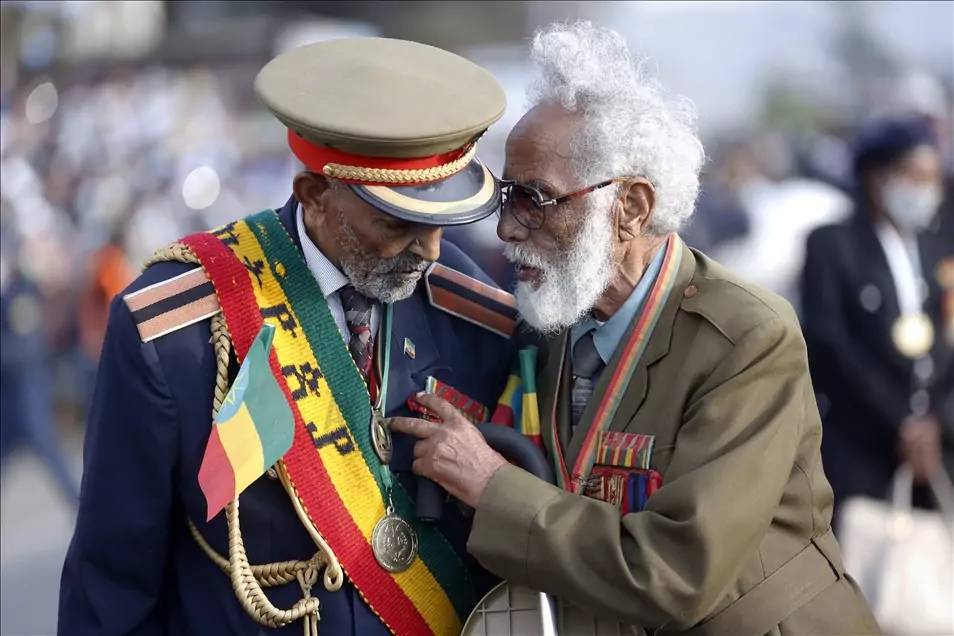
The Battle of Adwa is a significant event in African history that offers several valuable lessons to learn from. Here are some of the key takeaways:
- The power of unity: The Ethiopian army’s victory in the Battle of Adwa was largely due to their unity and cohesion. The army consisted of soldiers from different ethnic groups, who put aside their differences and came together to defend their country. This shows that when people unite, they can achieve great things.
- The importance of preparation: Emperor Menelik II and his generals had prepared extensively for the battle, gathering intelligence, training their troops, and developing strategies. This preparation proved crucial in their victory over the Italian army. The lesson here is that preparation is essential to success, and proper planning can make all the difference in a conflict.
- The value of traditional knowledge: The Ethiopian army relied on traditional weapons and tactics in the battle, such as spears and shields, which they had perfected over generations. Accordingly, this shows that traditional knowledge can still be valuable, even in the face of modern technology.
- The need for resilience: The Italian army was superior in terms of weapons and technology compared to the Ethiopian side. Ethiopians however refused to give up and fought with great resilience and determination. This shows that resilience is key to overcoming adversity and achieving success.
- The importance of standing up for your beliefs: Emperor Menelik II refused to accept the terms of the Treaty of Wuchale, which threatened Ethiopia’s sovereignty. This shows the importance of standing up for your beliefs and defending your rights, even in the face of powerful adversaries.
RELATED ARTICLES





0 Comments